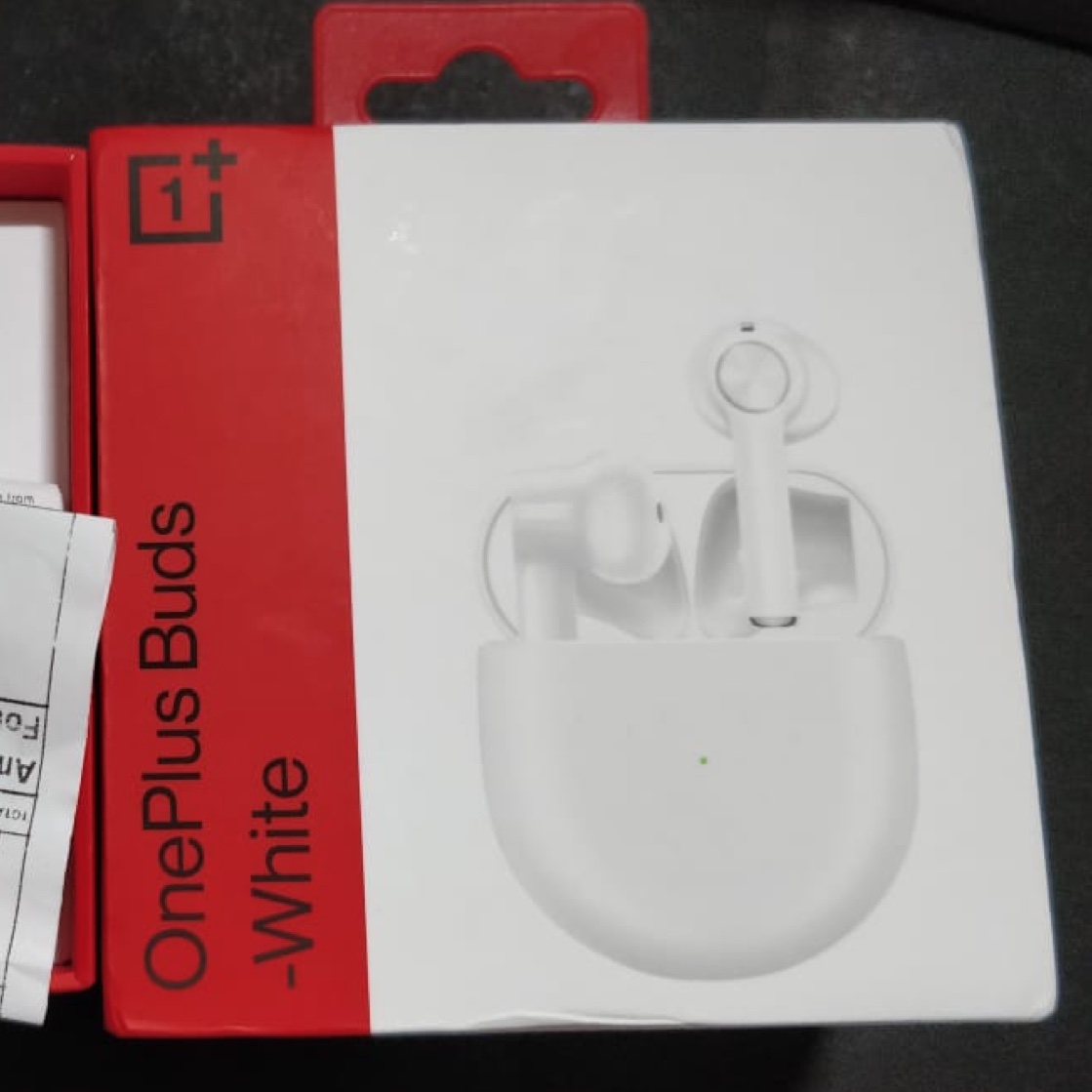Walmart now has two tests for drone delivery running in the US.
Early Monday morning the company announced a new drone delivery program with Zipline, a startup that made its name delivering medical supplies across Africa.
The partnership with Zipline comes on the heels of another newly announced drone partnership with Flytrex, which started delivering packages to Walmart customers in North Carolina last week.
Zipline’s work with Walmart in Arkansas compliments a pilot delivery program that the company began in North Carolina earlier this year. Working with Novant Health, Zipline has been delivering medical equipment and personal protective gear via drone to regions of North Carolina since May.
The drone operation with Walmart will deliver health and wellness products initially, with the potential to expand to general merchandise.
A movement into the delivery of general goods would be something of a pivot for Zipline, which has touted its ability to handle medical supplies and equipment since the launch of its services across Africa in 2016.
Trial deliveries for the new service will begin in Northwest Arkansas and cover a 50-mile radius, according to a statement from Walmart.
Walmart’s forays into drone delivery come as its largest competitor, Amazon, also picks up activity in the drone aviation industry.
In late August, Amazon’s Prime Air drone delivery fleet received approval from the FAA to begin trialing commercial deliveries. It’s similar to the certification that logistics companies like UPS received to test their own drone delivery networks.
Rather than operate its own drone fleet, Walmart seems content to partner with existing companies working in the space — for now.


